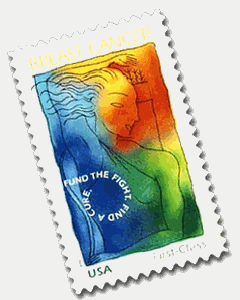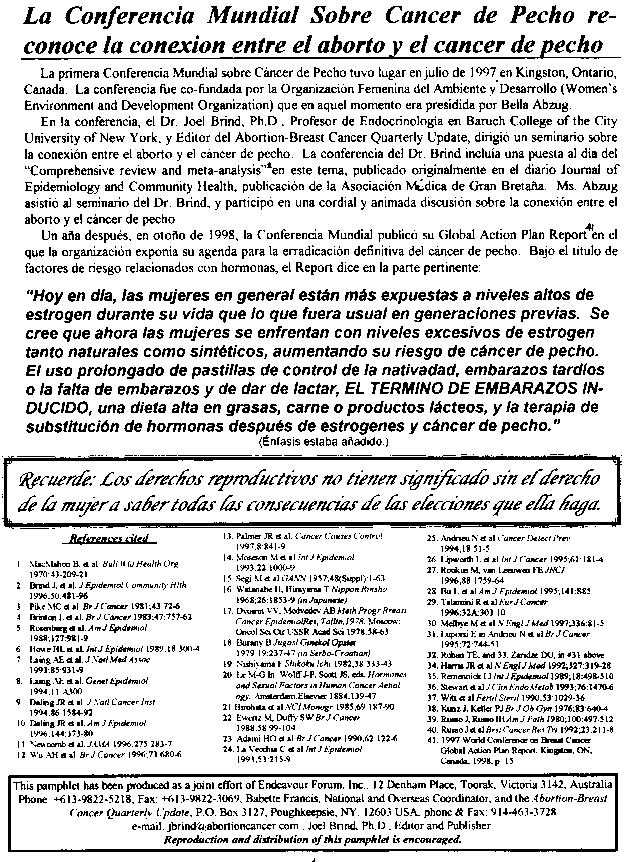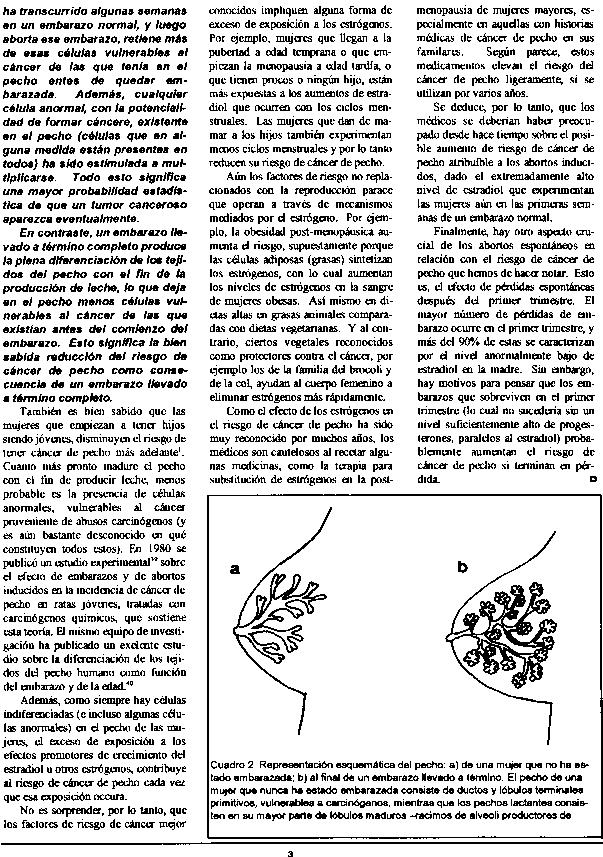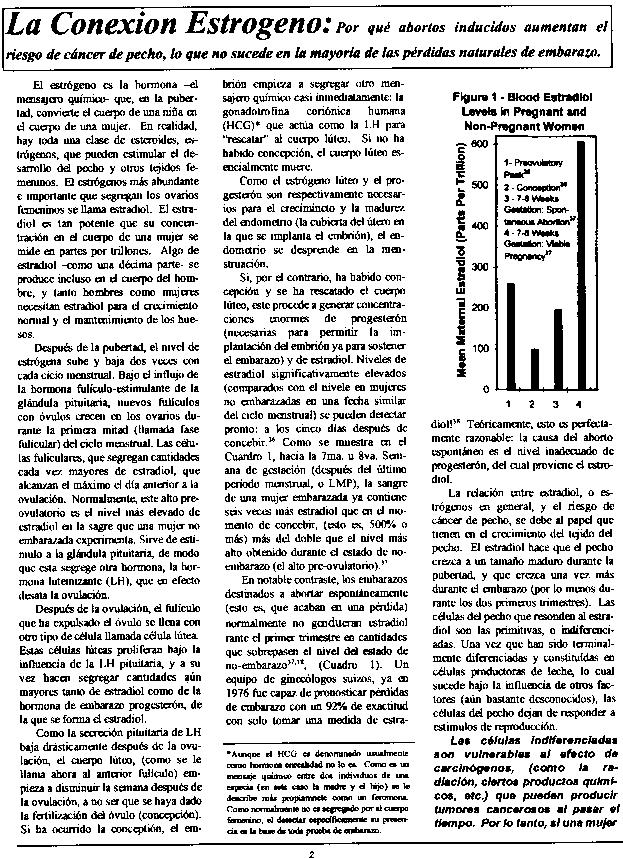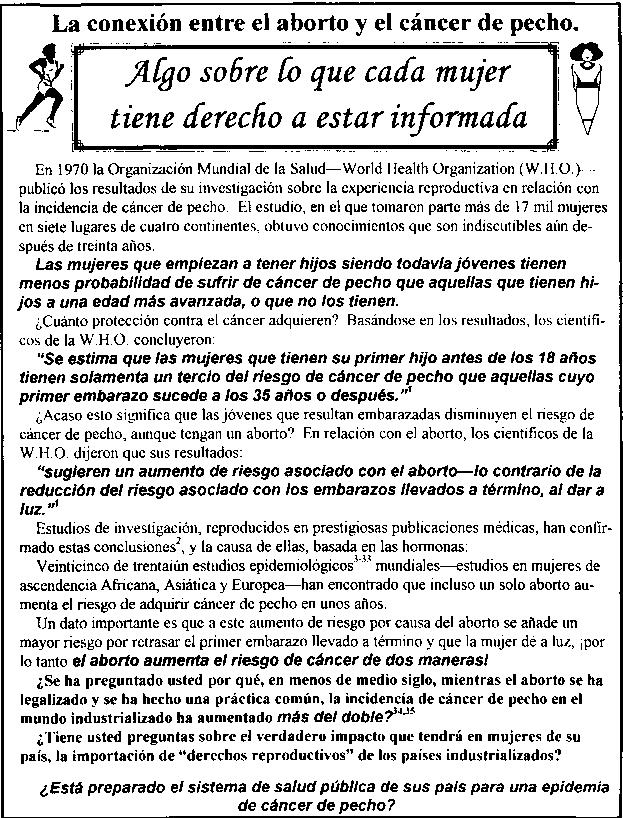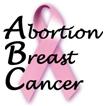Latest Web Page from the National Cancer Institute: A well cooked bowl of factoids
by Joel Brind, Ph.D.
On March 6 of this year, our own US National Cancer Institute (NCI), on its "Cancer Facts" web page on "Abortion and Breast Cancer", has stooped to a new low of disinformation. A stunning mix of distortions, misrepresentations, material omissions and outright lies, this so-called 'fact sheet' was perpetrated by the NCI to convince the nation and the world, contrary to the findings of over four decades of published medical research, that there is no abortion-breast cancer link.
The first distortion, which is repeated over and over again throughout the piece, is the confusion of the terms "induced abortion" and "spontaneous abortion". In an article of just over 500 words, the phrase "induced or spontaneous abortions" or "spontaneous or induced abortions" appears no less than five times; the term "induced abortion" three times, and the unmodified term "abortion" appears nine times.
